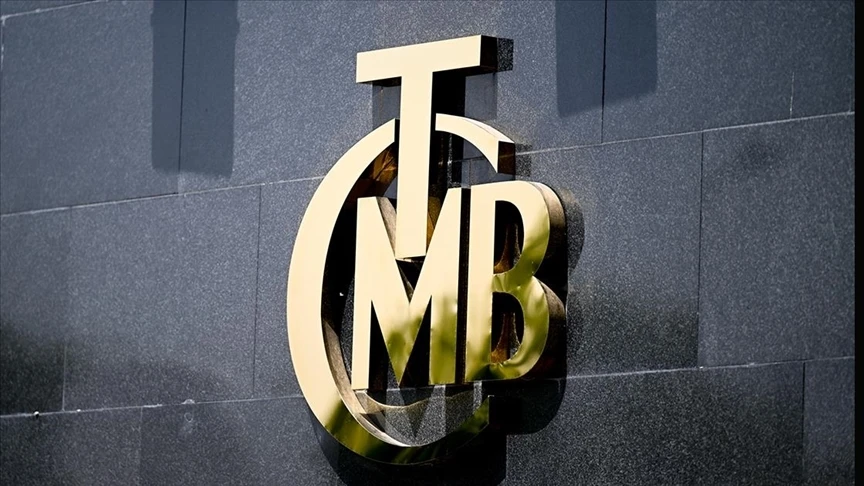Chief Economist of the Organisation for Economic Co-operation and Development (OECD), Clare Lombardelli expressed satisfaction with changes made in monetary and fiscal policy in Türkiye over the past year.
Lombardelli said, “Tight monetary and fiscal policies are the necessary steps for the economy in the face of major challenges like inflation. In Türkiye, inflation is still high, but we expect it to decline. Currently, the policy rate in Türkiye is 50 percent, and we anticipate that this level will need to be maintained for the rest of the year and likely until the second quarter of 2025. After that, we may see some easing, but this will largely depend on the trajectory of inflation. There is a need for this tight monetary policy to ensure that inflation expectations are well anchored.”
Sharing information that the Turkish economy grew by 4.5 percent in 2023, Lombardelli stated that they expect growth of 3.4 percent this year and 3.2 percent in 2025.
Lombardelli also pointed out that due to the tightening measures in the economy, there will be some slowdown, saying:
“There is significant investment due to reconstruction needs in the earthquake-stricken region. This has boosted demand. Additionally, as the global economy picks up, we expect Türkiye’s exports to increase as well. Therefore, we have reasons to be optimistic about the Turkish economy, but a tight policy stance will need to continue to reduce inflation. Because we consider the current 50 percent policy rate to be reasonable, we anticipate that policy will remain tight at least until next year.”
Lombardelli highlighted that the impact of tightening measures in monetary and fiscal policy take time to reflect on the economy, and noted that it will also take time for inflation to decline in Türkiye.
“There is a significant difference in economic growth between Europe and the United States”
Lombardelli said that due to the increase in policy rates by central banks worldwide, inflation has declined faster than expected, but geopolitical eruptions could pose further risks to inflation.
Despite this, Lombardelli shared that they have raised their growth forecasts for this year to 3.1 percent for the global economy.
Lombardelli explained that while the U.S. economy grew by 2.5 percent last year, they expect growth of 2.6 percent this year and 1.8 percent in 2025. She also said that while the Eurozone faced a challenging year in 2023, they expect growth of 0.7 percent this year.
“Looking ahead, there are risks, of course, but we do not forecast a recession in any European economy. We expect growth of 1.5 percent in the Eurozone in 2025, and 1.8 percent for the U.S. economy,” she said.
“Rate cuts in Europe will come earlier than in the U.S.”
Lombardelli also shared their expectations regarding interest rate cuts by central banks, saying that they expect interest rate cuts to begin in Europe earlier than in the U.S.
“If inflation does not decline as expected in most countries, then these interest rate cuts may need to be postponed slightly. In particular, the upward inflation in some countries is important in this regard. The position of the U.S. in terms of interest rate cuts will be important for many countries due to its impact on the exchange rate. In this context, we may see more divergence in monetary policy among economies,” she added.
Source: Newsroom



